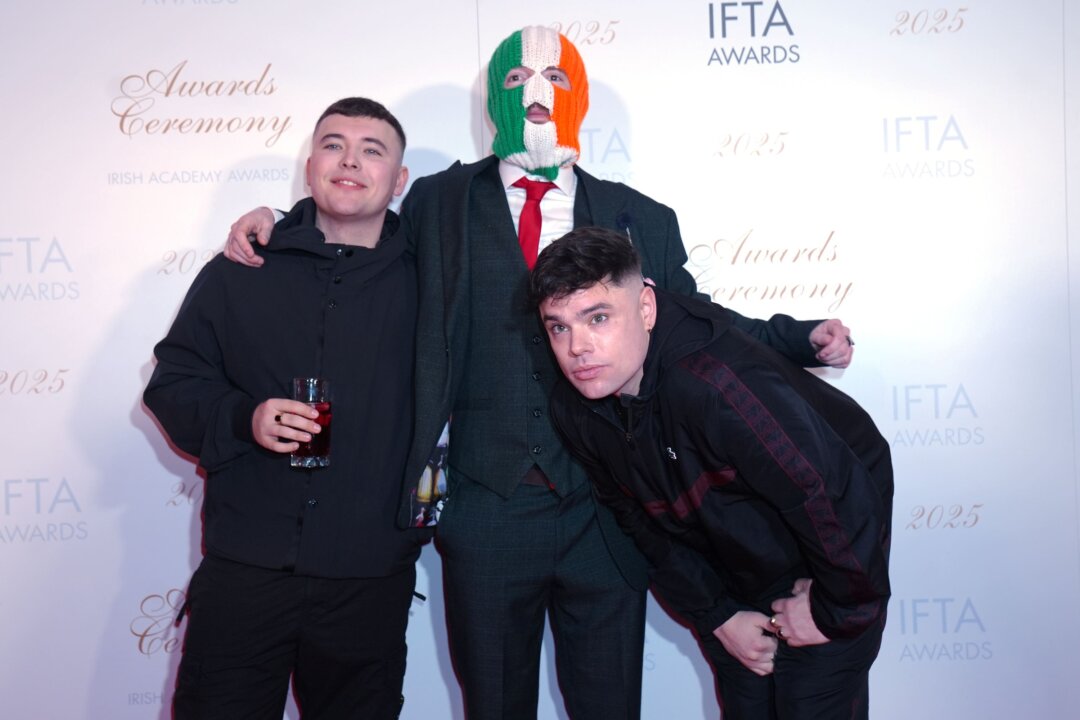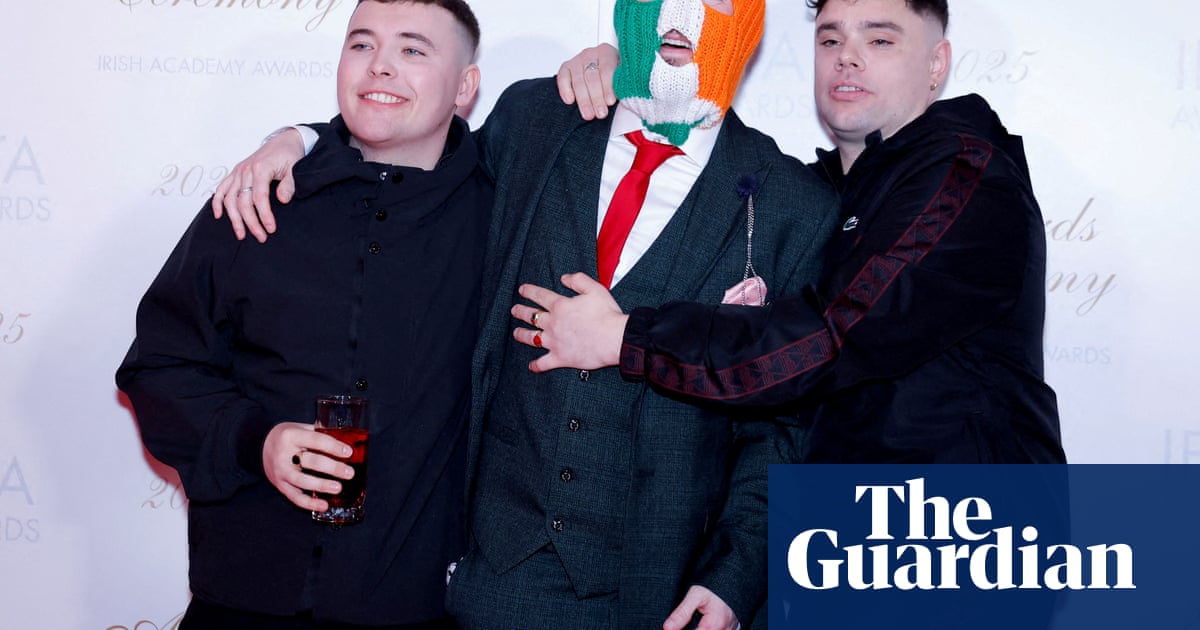Counterterrorism Investigation Launched into Irish Rap Group Kneecap Over Controversial Comments
The London police investigate Irish group Kneecap after controversial statements about politicians and a call to support banned organizations.
Subscribe to unlock this story
We really don't like cutting you off, but you've reached your monthly limit. At just $5/month, subscriptions are how we keep this project going. Start your free 7-day trial today!
Get StartedHave an account? Sign in
Overview
The Metropolitan Police are investigating Irish hip-hop group Kneecap for comments made in concert footage, which suggested violence against politicians and expressed support for Hamas and Hezbollah. Following backlash from UK lawmakers demanding the group's removal from festivals, including Glastonbury, Kneecap issued an apology to the families of murdered MPs David Amess and Jo Cox, asserting that their comments were misinterpreted and denying support for terrorist organizations. The group's gigs have faced cancellations amid ongoing public and political scrutiny, leading to vocal support from several artists defending their freedom of expression.
Report issue

Read both sides in 5 minutes each day
Analysis
- Kneecap is under investigation by counter-terrorism police due to controversial comments made during performances that seemingly call for violence against politicians and support for banned groups.
- The band's lyrics and statements have sparked significant backlash from politicians, especially regarding the implications of their messages in light of recent political violence in the UK.
- Kneecap has expressed remorse in their statements and clarified that they do not support Hamas or Hezbollah, framing the backlash as an overreaction and an attempt to suppress artistic expression.
Articles (3)
Center (1)
FAQ
Kneecap faces investigation over two incidents: a 2024 concert where a member said 'The only good Tory is a dead Tory. Kill your local MP,' and a 2023 performance where a member shouted 'up Hamas, up Hezbollah' (both organizations are proscribed in the UK)[1][3][5].
UK politicians across parties, including Conservatives, Labour, and SNP, have united in condemning the group, with a Downing Street spokesperson calling Kneecap's apology 'half-hearted' and condemning their Middle East-related remarks[5].
Kneecap is an Irish-language hip-hop trio from Belfast known for satirical lyrics and symbolism linked to Irish republicanism, advocating for Northern Ireland's unification with the Republic of Ireland[1][4].
Multiple gig cancellations occurred amid political pressure, with Kneecap's manager describing the backlash as 'moral hysteria.' However, some artists have defended the group's freedom of expression[5].
The investigation focuses on alleged support for Hamas and Hezbollah, both banned under UK terrorism laws, as well as perceived threats against MPs[1][3][5].
History
- This story does not have any previous versions.

